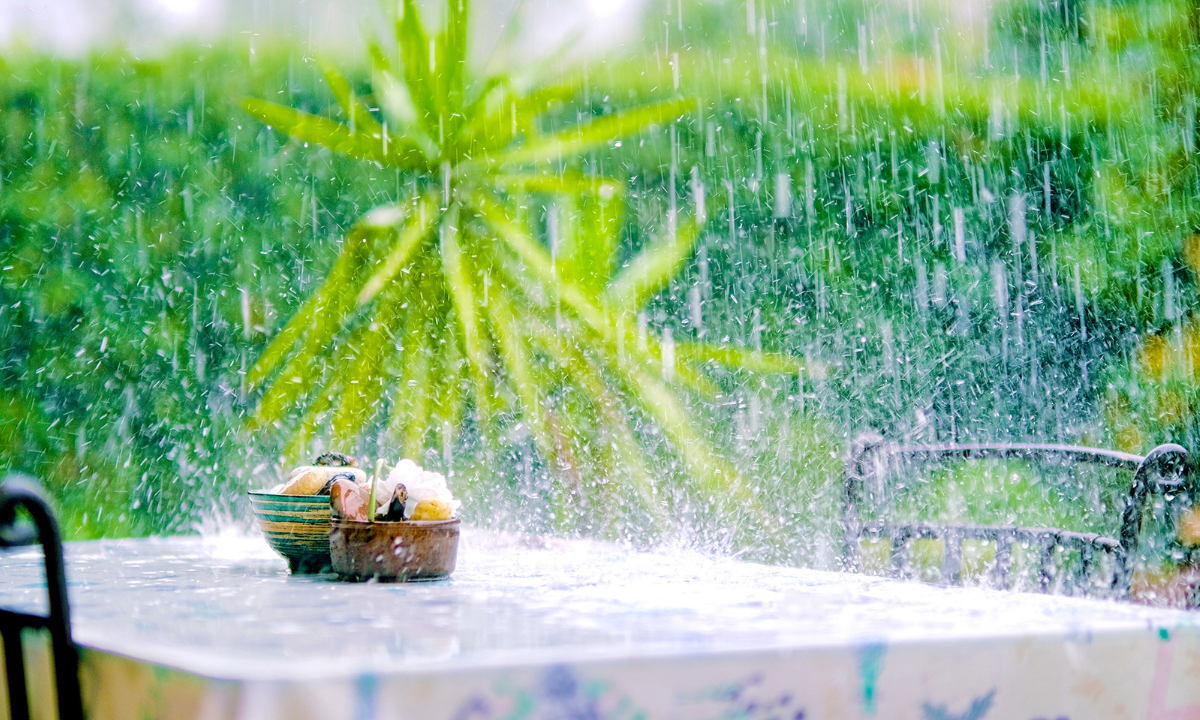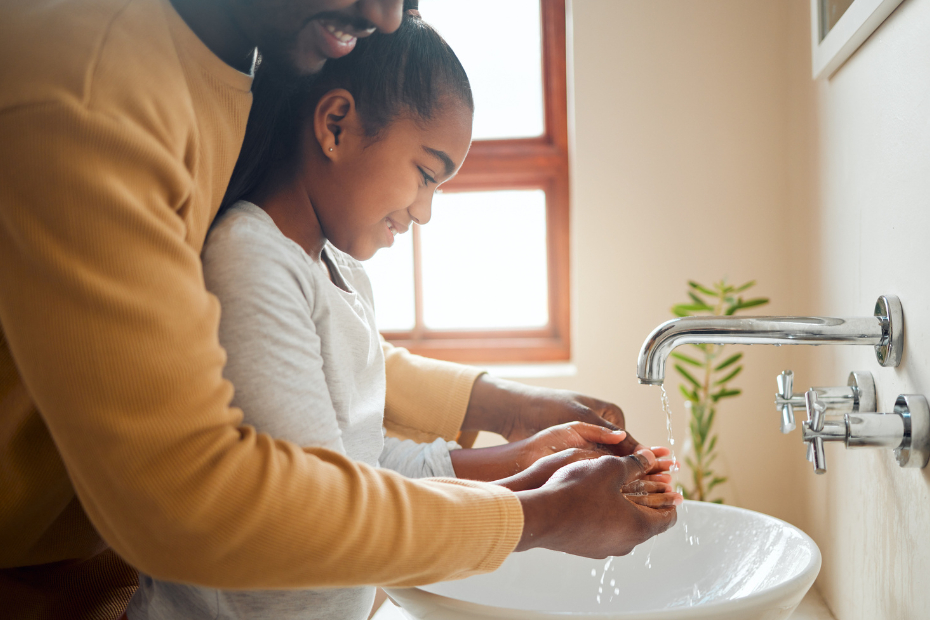Hurricane and rainy season readiness in the Caribbean require preparation and planning. These nine tips offer ways to help minimize the risks to your family, finances and property.
Make 72-hour emergency kits or grab-and-go bags
This is a kit or bag that contains what you need to survive for a few days. Items can be as basic or as expensive as you want, but you may consider including water, non-perishable food items, essential medication, a can opener, toiletries, first aid, extra batteries, a solar charger, a whistle, matches, a lighter, extra clothes and a flashlight.
You should also pack extra face masks, extra hand sanitizer, and other cleaning supplies. Your kit can include the gamut of survivalist items available on the market, but don’t get bogged down by all the items you think you should add. Build your supplies over time. The key is for everyone in your household to have kits that are portable and easy to carry in the event of an evacuation.
Gather all your important documents and keep copies
You may need to have key documents on hand to aid the recovery process. Keep copies of your financial documents, identification cards, policies, etc. safe by having them in one place where you can easily access them in waterproof, resealable plastic bags so they don’t get water damage.
Keep cash on hand
If there is limited access to electricity and you are displaced or stuck in a shelter, you may need to have extra cash on hand, preferably small bills stored in your grab-and-go bag to ensure financial mobility during a disaster. Keep your credit and debit cards ready and protected as well by storing them in a sealable, waterproof plastic bag.
Have an evacuation plan
Discuss with your loved ones what the protocol would be in case of a hurricane emergency. Ensure that everyone knows where to go, where the nearest shelter is, and who else they should call. Try to imagine possible scenarios such as what to do if you get separated beforehand to help decrease stress. Remember to factor in your pets as part of your plan since they will need to evacuate as well.
Protect your property
Board your windows and doors and bring in any outdoor furniture or items inside. Cut down trees to minimize the risk of debris during a hurricane. If you have to evacuate, turn off your gas and secure your items. Lastly, pre-fill and pre-position sandbags to try to decrease the flow of water into your home.
Take an inventory of your personal property
Keep a home inventory of your possessions to help get your insurance claims settled faster after a natural disaster. Take photos with your phone of everything you own starting from room to room and keep a running digital archive. Also, take note of the serial numbers of electronics. If you have proof of purchases and recent bills, add that to your digital record. These steps may help verify your losses for your income tax return.
Review your insurance coverage
The last thing you would want if you were affected by a hurricane is to realize that you aren’t covered by your existing insurance policy. Reread your insurance policy and review it with your agent to ensure that you will have adequate coverage which includes flooding.
Stay informed
Stay tuned to local news to get important updates from the local authorities and disaster agencies.
Build an emergency fund
Create an emergency fund specifically for disaster readiness where you have enough money to cover medical bills, repairs, and travel. A good way to do so is to reach out to an RBC Advisor to discuss our Personal Lending solutions.
The rainy season lasts for 6 months out of the year but preparedness is a necessity all year round. Stay vigilant by assessing and adjusting your emergency and financial readiness plans so that you can stay safe.
This article is intended as general information only and is not to be relied upon as constituting legal, financial or other professional advice. A professional advisor should be consulted regarding your specific situation. Information presented is believed to be factual and up-to-date but we do not guarantee its accuracy and it should not be regarded as a complete analysis of the subjects discussed. All expressions of opinion reflect the judgment of the authors as of the date of publication and are subject to change. No endorsement of any third parties or their advice, opinions, information, products or services is expressly given or implied by Royal Bank of Canada or any of its affiliates.



















